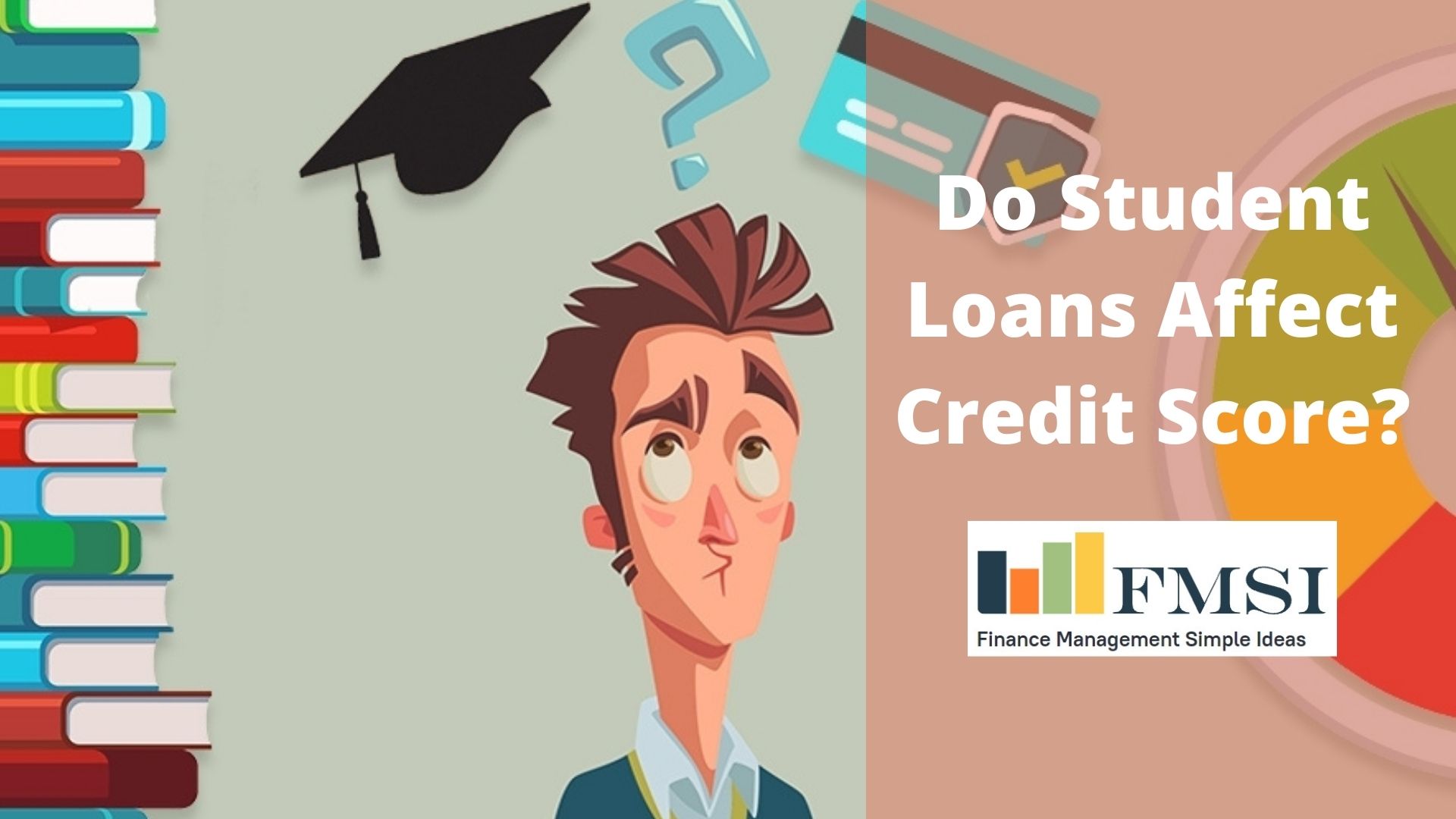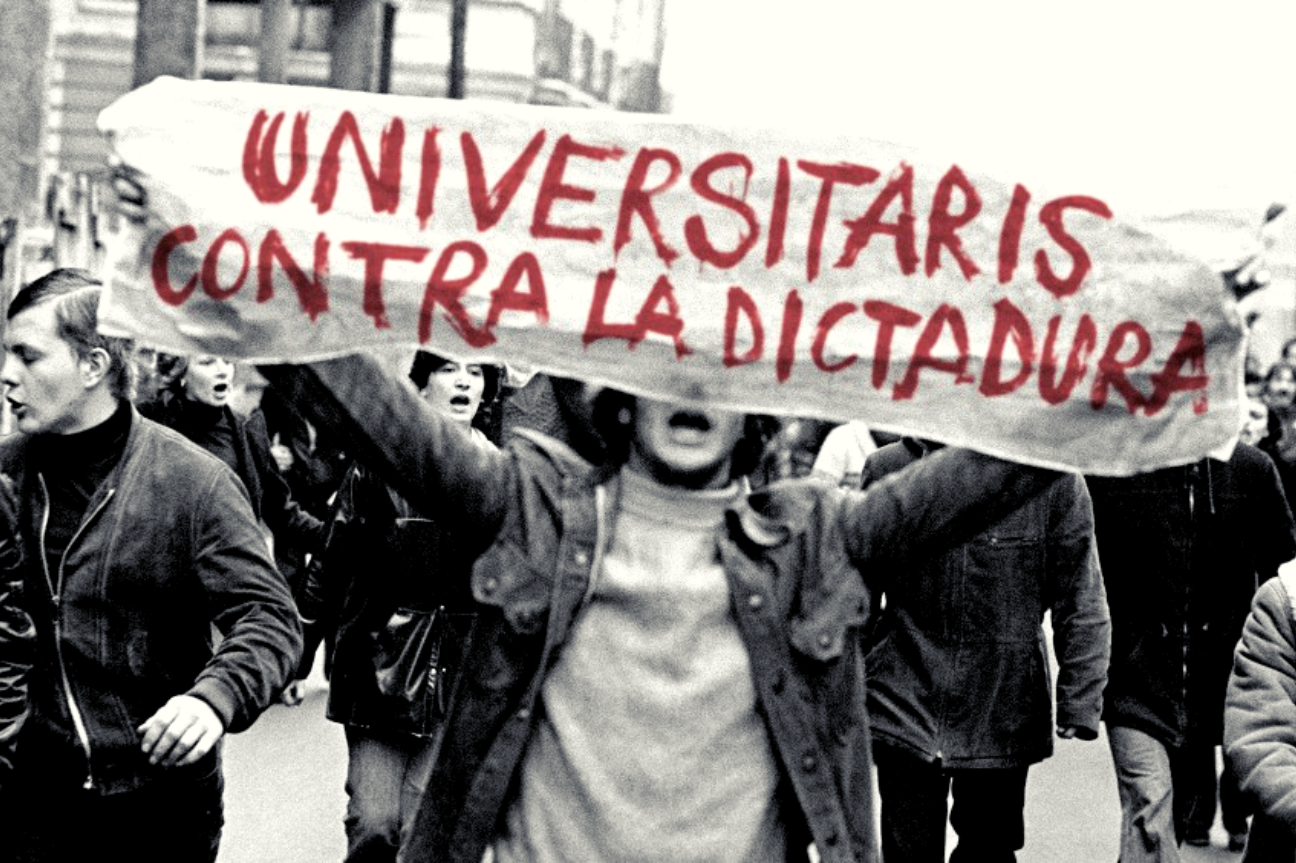The Effect Of Delinquent Student Loans On Your Credit Rating

Table of Contents
How Delinquent Student Loans Affect Your Credit Score
Delinquent student loans, even seemingly minor late payments, significantly impact your credit score. Your credit score, most commonly represented by the FICO score, is a three-digit number that lenders use to assess your creditworthiness. A delinquent student loan results in negative marks on your credit report, leading to a substantial drop in your FICO score. This can have far-reaching consequences, making it harder to obtain loans, credit cards, or even rent an apartment. You'll likely face higher interest rates on future loans, increasing the overall cost of borrowing.
- Negative marks on your credit report: These remain on your report for seven years, constantly reminding lenders of your past delinquency.
- Significant drop in credit score: A single late payment can lower your score, and multiple delinquencies can cause a drastic decrease, making it difficult to qualify for favorable loan terms.
- Difficulty obtaining loans or credit cards: Lenders view delinquent student loans as a significant risk, making it harder to secure new credit at competitive rates.
- Higher interest rates on future loans: A lower credit score translates to higher interest rates on mortgages, auto loans, and other credit products, adding significantly to the overall cost.
Types of Delinquency and Their Severity
Student loan delinquency is categorized by the number of days a payment is late. The longer the delinquency, the more severe the impact on your credit score. Understanding these stages is crucial:
- 30-day delinquency: While the initial impact is relatively minor, it’s a warning sign. Addressing the issue promptly can prevent further damage.
- 60-day delinquency: The negative effect on your credit score increases significantly. Your loan servicer may start contacting you more aggressively.
- 90-day delinquency: This stage often triggers more serious consequences. Your account may be referred to collections agencies, resulting in further damage to your credit report.
- Default: This is the most severe stage of delinquency. It occurs after a prolonged period of non-payment (typically 270 days). Defaulting on student loans can lead to wage garnishment, tax refund offset, and significant damage to your credit history. This can also impact your ability to get a security clearance or certain jobs.
The difference between delinquency and default is crucial. Delinquency signifies late payments; default signifies failure to meet the terms of your loan agreement. Default is a far more serious financial problem.
Preventing Delinquent Student Loans
Proactive student loan management is key to avoiding delinquency. Effective strategies include:
- Create a realistic budget: Track your income and expenses carefully to ensure you can afford your student loan payments.
- Explore repayment plan options: Various repayment plans, such as income-driven repayment (IDR) plans, can adjust your monthly payments based on your income and family size. Contact your loan servicer to explore options that suit your financial situation.
- Automate payments: Set up automatic payments to avoid missed payments due to oversight.
- Contact your loan servicer if facing financial hardship: If you anticipate difficulty making payments, contact your servicer immediately. They may offer forbearance or deferment, temporarily suspending or reducing your payments.
Recovering from Delinquent Student Loans
Recovering from delinquent student loans requires proactive steps to repair your credit. These steps can be challenging, but rebuilding your financial standing is possible.
- Pay down delinquent loans as quickly as possible: Prioritize paying off delinquent loans to minimize the negative impact on your credit score.
- Monitor your credit report regularly: Regularly check your credit report from all three major credit bureaus (Equifax, Experian, and TransUnion) to identify and address any inaccuracies.
- Consider credit counseling services: Non-profit credit counseling agencies can offer guidance and develop a personalized plan to manage your debt effectively.
- Explore loan rehabilitation or consolidation programs: Loan rehabilitation programs allow you to bring your defaulted loans back into good standing. Consolidation can simplify payments by combining multiple loans into one.
Conclusion
Delinquent student loans significantly impact your credit rating, potentially leading to a lower credit score, higher interest rates, and difficulty accessing credit. Understanding the severity of delinquency and proactively managing your student loans is essential to protect your financial health. By employing strategies like budgeting, exploring repayment options, and seeking help when needed, you can prevent delinquency and mitigate the negative effects on your credit. Don't let delinquent student loans derail your financial future. Take control of your student loan debt today.

Featured Posts
-
 Morosidad En Prestamos Estudiantiles El Departamento De Educacion Actua
May 17, 2025
Morosidad En Prestamos Estudiantiles El Departamento De Educacion Actua
May 17, 2025 -
 Upad Prosvjednika U Tesla Showroom U Berlinu Analiza Dogadaja
May 17, 2025
Upad Prosvjednika U Tesla Showroom U Berlinu Analiza Dogadaja
May 17, 2025 -
 Alkarasov Poraz U Barceloni Rune Slavi Titulu
May 17, 2025
Alkarasov Poraz U Barceloni Rune Slavi Titulu
May 17, 2025 -
 Lawrence O Donnell Show Trumps Humiliating Live Tv Moment
May 17, 2025
Lawrence O Donnell Show Trumps Humiliating Live Tv Moment
May 17, 2025 -
 16 Legendary Black Women Who Dominated The Wnba
May 17, 2025
16 Legendary Black Women Who Dominated The Wnba
May 17, 2025
